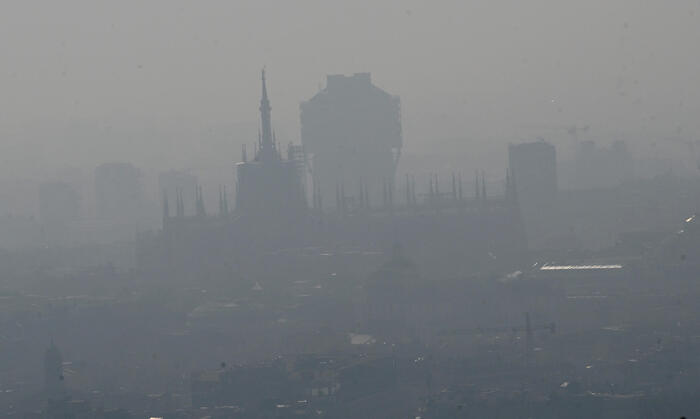"Good news" according to the president of Legambiente, Stefano Ciafani, "that of the achievement of the provisional agreement by the Presidency of the Council and the representatives of the European Parliament" on strengthened air quality standards at European level for 2030. A
"chronic emergency for the 'Italy - continues Legambiente - which according to the latest data from the European Environment Agency is among the first countries in Europe for deaths attributable to air pollution with around 47 thousand premature deaths per year due to PM2.5 out of a total of 253,000 deaths in 27 member countries. And which illustrates our 'Mal Aria city 2024' report drawn up as part of the Clean Cities Campaign: in 2023, only 31% of Italian provincial capitals are in line with the new regulatory limits set for PM10 just approved by the EU and which will come into force in 2030, a percentage which drops to 16% as regards PM2.5. We ask the Government and the regions - continues Ciafani - to fill the delays and overcome the stalemate phase in which we have found ourselves for too many years and a commitment decided, no longer postponable, to protect people's health, avoiding exemptions and clauses that could justify delays in achieving the objectives".
To reduce smog concentrations, structural and integrated measures are needed, explains the NGO, indicating a rethinking of urban mobility;
a massive investment in local public transport, in increasing cycle paths and in the electrification of all vehicles;
a rethinking of domestic heating, industry, agriculture and livestock farming.
Reproduction reserved © Copyright ANSA

